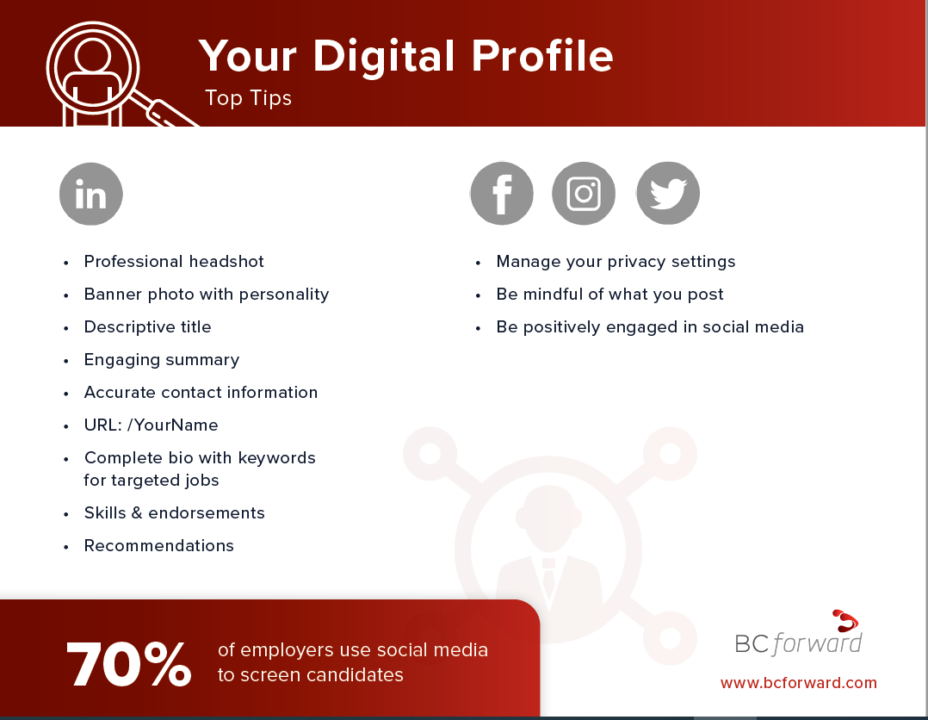Along with the innovations of technology, the careers that go with it have evolved, especially when it comes to Quality Assurance (QA), general knowledge, and development of the products we use for business.
Behold the new and improved Software Development Engineer in Test or SDET – architect, constructor, surveyor, and tester.
What is SDET?
SDET, software development engineer in test (or software design engineer in test) is a professional who can participate in the development and testing of an application or software.
What are the duties of an SDET?
It seems like as technology grows, titles and job descriptions get more intricate, as do the salaries.
The SDET title incorporates a lot of existing roles into one position. The ultimate role of an SDET is to establish programs involving both the development and testing of software.
Some wonder if an SDET is a glorified title for a tester, however, testers and SDET’s are very different.
What’s the difference between a software tester and an SDET?
While Quality Assurance (QA) and functionality testers are very much still relevant in the realm of development, they tend to have limited skills beyond the function of testing. They can be specialized, but limited.
A Software Development Engineer in Test (SDET) is different from a tester because they:
- Are assigned more duties and have additional expertise
- Know the system from start to finish
- Are involved in every step of the development process
- Design, develop, test, gather feedback and ensure quality of the product
- Perform numerous types of testing such as security, general, performance, data, automation, and use integrated tools to make it happen
- Are fluent in more than one programming language for development
- Skillful in project management and positive customer interaction, know requirements and guidelines for the products thoroughly
There are positions between a tester and an SDET that all call for a subset of these skills, however the SDET position is one that was built to house them all in the name of efficiency and quality.
When do you need an SDET vs. Tester?
If the goal is to simply test a user interface for QA; you’re golden with a software tester.
If your company needs coding, strategic development, implementation, and someone who monitors the process, an SDET fits the bill.
While a tester will obviously spend the majority of their time on testing, evaluating, and supporting automation systems, the SDET title has the word development in it for a reason.
SDET professionals spend the majority of their efforts toward sustaining an efficient QA program through planning, comparing, mitigating, extracting feedback and reviewing the functionality of the software. From start to finish.
Industries in need of SDETs
SDETs are unique to the fast-paced and technologically advanced world we’ve created. Companies want someone who can develop AND test software to make for a more well-rounded and knowledgeable process.
As companies adopt new technology and methodologies, the amount of engineering and development in the following fields is on the rise:
- Advertising
- Information Technology
- Hospitality
- Gaming
- Entertainment
- Financial
Software development is not just Quality Assurance; it is creation on top of functionality, intention, and implementation. The job of the Software Development Engineer in Test is to ensure quality and functionality; and one can’t do that consistently if they don’t know the ins and outs of the product itself.
Are you in need of an SDET? We can help! Contact us today.
WEBINAR | tapQA Presents: Digital Profile
As we progress through almost an entire year of living in a pandemic the world around us has digitized almost, everything. But have you done this for yourself? In a…
WEBINAR | The Importance of Data & Decision Making
In today’s world, we are overwhelmed with data, and the ability to consume it shapes our decision-making. IT organizations have shifted to leaner products and Agile models allowing for both…
Interviewing Best Practices: Our Favorite Strategies
Interviewing has its complexities. People have written cover to cover novels on the Advanced Art of Interviewing, there are classes people spend money on to perfect their interviewing skills, and…


